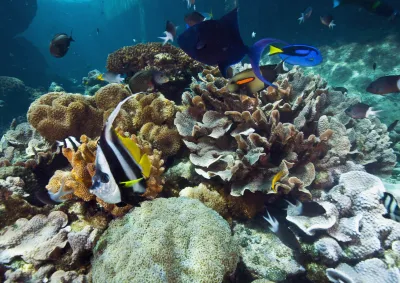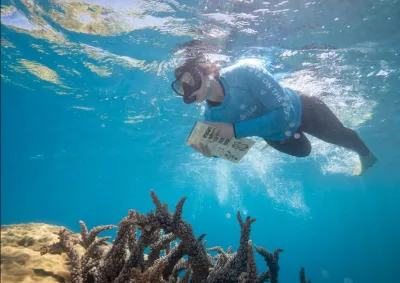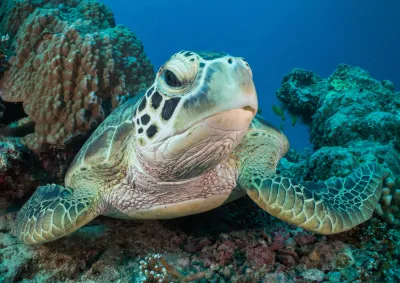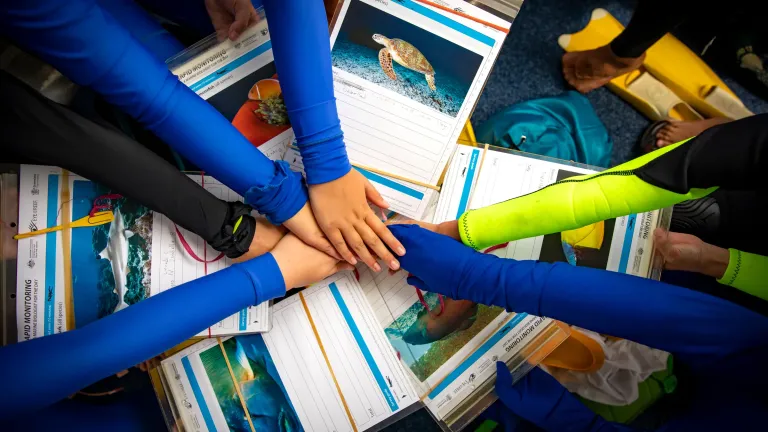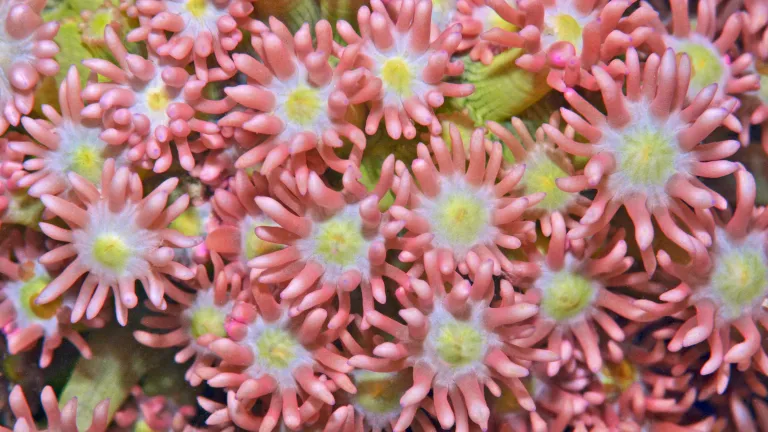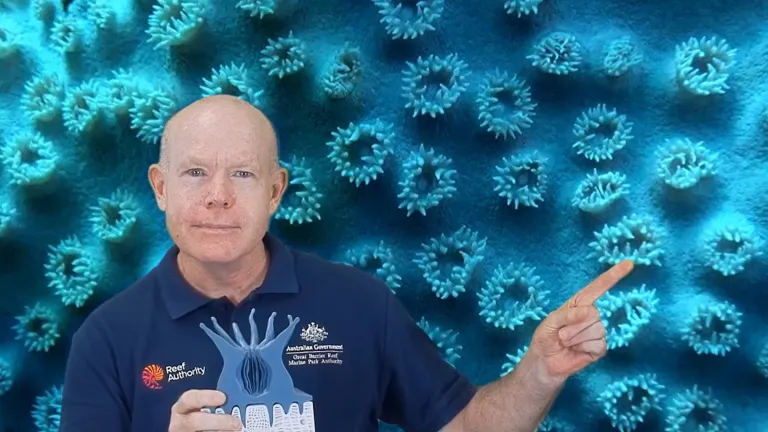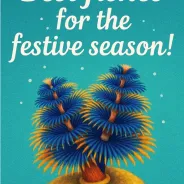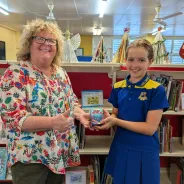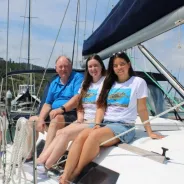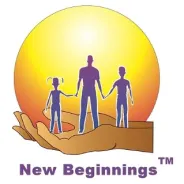Homepage
Act for the Reef and inspire change across generations.
The Reef Guardian School is an initiative by the Great Barrier Reef Marine Park Authority. This program engages schools in activities that promote the protection and sustainability of the Great Barrier Reef.
Act for the Reef and inspire change across generations.
The Reef Guardian School is an initiative by the Great Barrier Reef Marine Park Authority (GBRMPA). This program engages schools in activities that promote the protection and sustainability of the Great Barrier Reef.
Act for the Reef and inspire change across generations.
The Reef Guardian School is an initiative by the Great Barrier Reef Marine Park Authority (GBRMPA). This program engages schools in activities that promote the protection and sustainability of the Great Barrier Reef.
Reef Guardian Schools
active schools
teachers
students
Be a part of an active community
First Nations acknowledgement
The Great Barrier Reef Marine Park Authority acknowledges the continuing sea country management and custodianship of the Great Barrier Reef by Aboriginal and Torres Strait Islander Tradition Owners whose rich cultures, heritage values, enduring connections and shared efforts protect the Reef for future generations.

Reef education resources

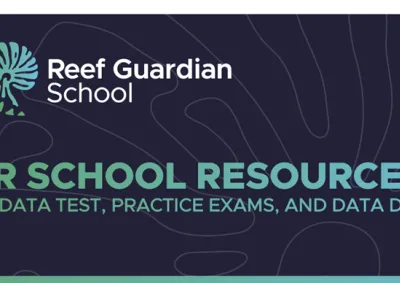
Upcoming events
